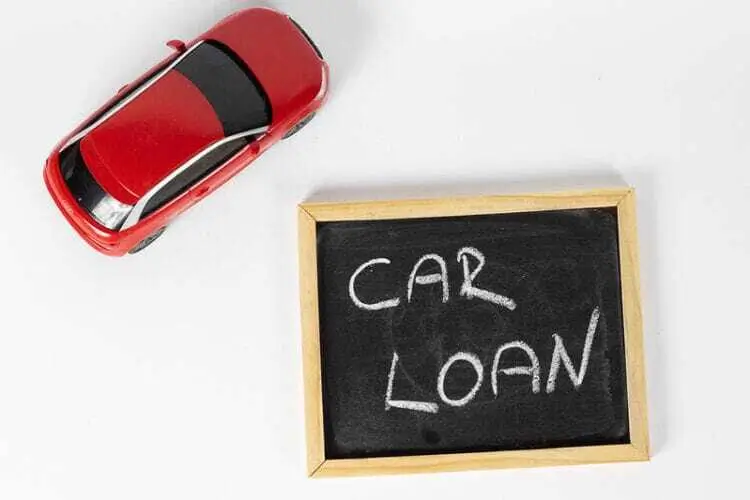UK'S MOST COMPREHENSIVE CAR HISTORY CHECK ONLY £9.99

Your decision to pay cash or finance your purchase depends largely on your financial position, objectives, and comfort level with the resulting debt. Each option has both positive and negative implications, so both should be considered in advance.

Cash pays for the total car price at the time of purchase, ensuring there is no provision for any monthly payments or interest charges. Normally, the payment for the vehicle is made either in cash or via bank transfer.
Financing is the process of borrowing money to buy a car, but instead of this, the cost of the car would be repaid in addition to interest, and the loan terms will vary from 36 to 72 months depending on your credit score.
The Case for Paying Cash: If avoiding debt and maximizing savings are priorities, then paying cash is advantageous. It promotes budget discipline and removes financial obligations after purchase.
The Case for Financing: Financing only makes sense if using your savings would leave you exposed or jeopardize other financial goals, such as buying a home or investing.
Finding a Middle Ground: Perhaps take a hybrid approach. A big down payment lowers loan amounts, interest, and monthly payments while still providing some financial wiggle room. Alternatively, finance the car but make extra payments to lower interest costs and build credit simultaneously. Some will even qualify for 0% APR loans, which eliminates interest.
Whatever it is, ensure the overall cost of the ownership of the car - which includes the insurances to maintain - will fall within your budget. In case you plan on financing it, ensure to monitor your credit reports so you will be all set when applying for a loan and be sure of getting the lowest possible interest rates. This kind of thinking will ensure that you make a decision that safeguards your finances while aligning with your objectives.
On the flip side, to find out if a vehicle is on finance or has been purchased outright, you can carry out a car history check. This report will include details such as the finance agreement and the remaining months. If there is no finance agreement, it will return a pass, indicating that the vehicle is clear of finance.